INR Risk Calculator for Warfarin Users
Dong Quai Interaction Risk Assessment
Dong Quai can dangerously increase your INR when taken with warfarin, potentially leading to severe bleeding. Based on medical studies, Dong Quai may increase INR by up to 1.7 points, pushing levels into the dangerous range.
If you're taking warfarin to prevent blood clots, and you're thinking about using Dong Quai for menopause, cramps, or general wellness, stop. This isn't a "maybe" situation. It's a clear, documented danger.
Why This Interaction Isn't Just Theoretical
Dong Quai, also known as Chinese angelica, has been used for over 2,000 years in traditional medicine. It's popular for women’s health - easing PMS, menstrual pain, and hot flashes. But it’s not harmless. It contains natural compounds like ferulic acid and osthole that act like blood thinners. When you mix it with warfarin - a drug designed to thin your blood - you're stacking two powerful effects on top of each other.Warfarin works by blocking vitamin K, which your body needs to make clotting proteins. Dong Quai doesn’t work the same way, but it does the same thing: it makes your blood harder to clot. One study found that people taking both saw their INR - the test that measures how long your blood takes to clot - jump from a safe 2.8 to a dangerous 5.1. That’s more than double the normal range. At that level, even a minor bump or cut can lead to serious bleeding inside your body.
And it’s not just one case. In online patient forums, 23 documented cases between 2020 and 2023 linked unexplained INR spikes directly to Dong Quai use. The average increase? 1.7 points. That’s enough to send someone to the ER.
How It Works: More Than Just "More Thinning"
You might think, "If it’s just adding to the effect, why not just lower my warfarin dose?" It’s not that simple.Dong Quai doesn’t just make your blood thinner - it might also interfere with how your body breaks down warfarin. Some lab studies suggest it blocks liver enzymes (CYP2C9 and CYP3A4) that clear warfarin from your system. That means warfarin sticks around longer. Your dose stays the same, but your body can’t get rid of it fast enough. Your INR climbs - even if you didn’t change your pill.
And here’s the kicker: Dong Quai products aren’t standardized. One bottle from a health store might have twice as much active ingredient as another. The US Pharmacopeia found ferulic acid levels in Dong Quai supplements varied by up to eight times between brands. So even if you’ve taken it before without issues, the next batch could be the one that pushes you over the edge.
What the Experts Say - And Why They’re Alarmed
Major medical institutions don’t just warn about this interaction - they tell you to avoid it entirely.The Cleveland Clinic’s 2022 Anticoagulation Guidelines say: "Avoid Dong Quai in warfarin-treated patients due to lack of data." That’s not a cautious suggestion. That’s a red flag. They put it in the same category as ginkgo and garlic - herbs known to cause dangerous bleeding.
The University of California San Diego lists Dong Quai under "Increased Risk of Bleeding," alongside fish oil, ginger, and turmeric. Memorial Sloan Kettering Cancer Center notes its estrogenic effects, which means it could also be risky if you have breast cancer or other hormone-sensitive conditions.
Dr. Catherine Ulbricht, a top pharmacist at Massachusetts General Hospital, put it plainly: "Dong Quai could push an INR from 2.5 to over 4.0 - and that’s a hospital trip waiting to happen."
The American Heart Association calls Dong Quai a "high-risk herb" for people on blood thinners. Even though human studies are limited, the pharmacology is clear enough to warrant a hard no.

What Happens When You Don’t Listen
Real people get hurt.In one documented case, a 72-year-old woman started taking Dong Quai for hot flashes. Within days, she developed bruising all over her legs and nosebleeds she couldn’t stop. Her INR was 6.8. She was hospitalized. Her warfarin was stopped. She needed a vitamin K injection to reverse the effect. She recovered - but barely.
Another Reddit user, a 58-year-old woman on warfarin for atrial fibrillation, started Dong Quai for sleep and mood. Three days later, she woke up with a massive bruise on her hip and blood in her urine. She called her doctor. Her INR was 5.1. She spent two nights in observation. She’s now off Dong Quai - and says she’ll never touch it again.
These aren’t rare. They’re predictable. And they’re preventable.
What You Should Do - Right Now
If you’re on warfarin:- Stop taking Dong Quai immediately. Even if you feel fine. Even if you’ve taken it for months.
- Tell your doctor. Don’t wait for your next appointment. Call now. Mention the supplement by name - "Dong Quai."
- Get your INR checked. Within 3-5 days of stopping, your doctor should test your blood. It may take a week or two for levels to stabilize.
- Check every supplement. Dong Quai is often hidden in blends labeled "women’s health formula," "hormone balance," or "natural menopause support." Read every ingredient list.
If you’re not on warfarin but considering Dong Quai:
- Ask your doctor if you’re taking any other blood thinners - including aspirin, clopidogrel, or even high-dose fish oil.
- Know your family history. If you’ve had a clot or bleeding disorder, you’re at higher risk.
- Remember: "natural" doesn’t mean safe. Dong Quai is a potent herb. Treat it like medicine - because it is.
What About Other Herbal Products?
Dong Quai isn’t alone. Over 90 Chinese herbal medicines have documented interactions with anticoagulants. Ginkgo, garlic, ginger, turmeric, and ginseng all carry similar warnings. A 2013 review found that 1 in 5 patients in Malaysia, and up to 20% in the U.S. and Singapore, take herbal supplements while on blood thinners. Most don’t tell their doctors.And here’s the truth: 68% of warfarin users don’t know herbal supplements can interfere with their medication. That’s not ignorance - it’s a system failure. Supplement labels don’t warn you. Pharmacists aren’t always asked. Doctors don’t always ask.
But you can change that. Be the one who speaks up. Be the one who checks the label. Be the one who says, "I’m on warfarin - is this safe?"
What’s Being Done About It?
The tide is turning. In January 2025, the European Medicines Agency will require all Dong Quai products sold in EU countries to carry a warning about warfarin interactions. The FDA has logged over 140 adverse events involving herbs and blood thinners since 2018.The NIH is funding a major clinical trial at the University of Illinois to measure exactly how Dong Quai affects warfarin levels in humans. Results are expected in late 2024. But you don’t need to wait for those results to protect yourself.
The data we have now is enough to say: Don’t take Dong Quai if you’re on warfarin.
Alternatives That Are Actually Safe
If you’re using Dong Quai for menopause or menstrual symptoms, there are safer options:- Black cohosh - studied for hot flashes, with no known interaction with warfarin.
- Vitamin E - low doses may help with PMS, and it doesn’t affect clotting.
- Exercise and stress management - yoga, walking, and mindfulness have been shown to reduce menopausal symptoms without any drug risk.
- Prescription options - low-dose hormone therapy or SSRIs like paroxetine are FDA-approved for hot flashes and don’t interfere with warfarin.
None of these are magic bullets. But they’re backed by science - and they won’t put you at risk of internal bleeding.
Can I take Dong Quai if I’m not on warfarin but take aspirin?
No. Aspirin is also a blood thinner, and Dong Quai increases bleeding risk when combined with any anticoagulant or antiplatelet drug - including aspirin, clopidogrel, or even high-dose fish oil. The same warning applies.
How long does it take for Dong Quai to leave my system?
There’s no exact timeline, but most of the active compounds clear within 3-5 days. However, because it affects your blood’s clotting ability, your INR can stay elevated for up to 10-14 days after stopping. That’s why doctors recommend checking your INR 3-5 days after discontinuing, and again at 7-14 days.
Is organic or wild-harvested Dong Quai safer?
No. The danger comes from the herb’s natural chemical compounds - not pesticides or additives. Organic doesn’t mean less potent. In fact, wild-harvested versions may have higher concentrations of coumarin-like substances. The risk is the same.
Can I take Dong Quai after I stop warfarin?
Maybe - but only after your doctor confirms your clotting levels have returned to normal and you’re no longer on any blood-thinning medication. Even then, start slowly and monitor for signs of bruising or bleeding. Never assume it’s safe just because you’re off warfarin.
Why don’t supplement labels warn about warfarin?
Because of the Dietary Supplement Health and Education Act (DSHEA) of 1994, supplement makers aren’t required to prove safety or label interactions before selling. The FDA only acts after harm is reported - which is why so many people get hurt. Don’t rely on labels. Always ask your doctor.
Final Thought: Your Blood Isn’t a Experiment
You didn’t choose warfarin lightly. It’s there because your body needs help preventing a stroke, a pulmonary embolism, or a life-threatening clot. Dong Quai isn’t a gentle herbal tea. It’s a potent substance that interferes with your medication in ways you can’t predict or control. No amount of "natural" or "traditional" makes it safe when you’re on anticoagulants.Protect your health. Don’t gamble with your INR. If you’re unsure about any supplement - skip it. Talk to your doctor. Your life depends on it.

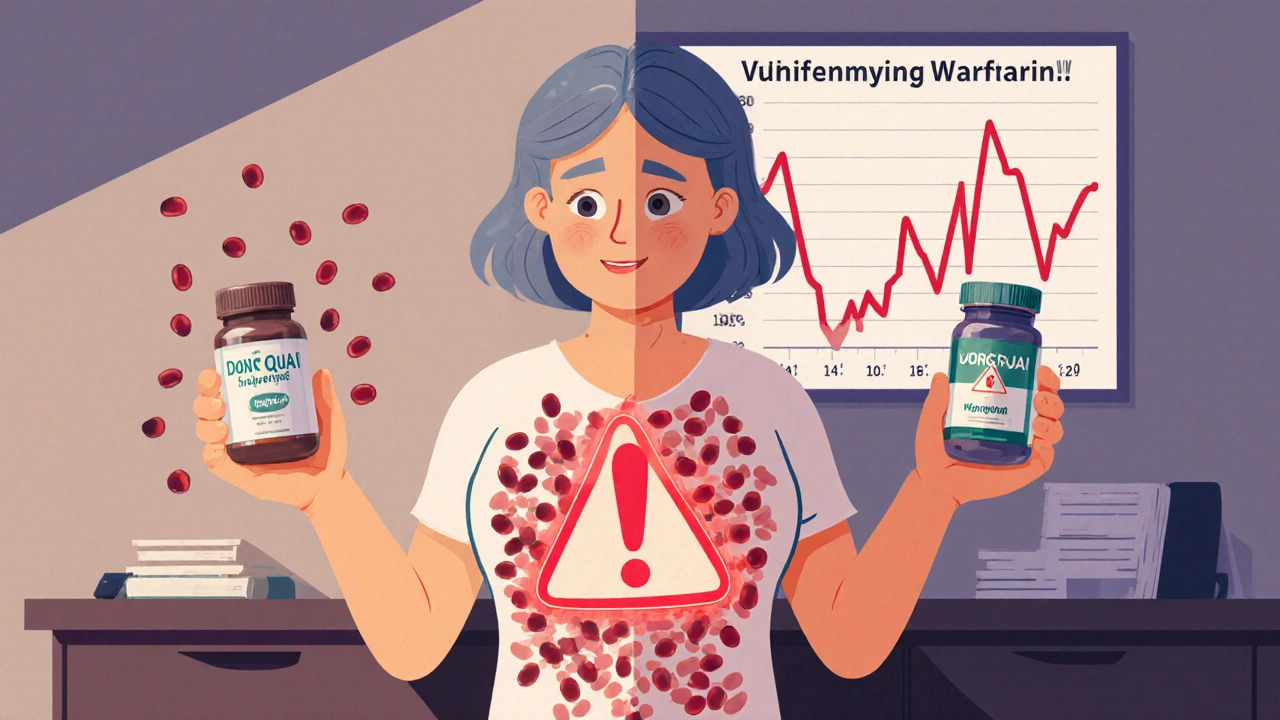
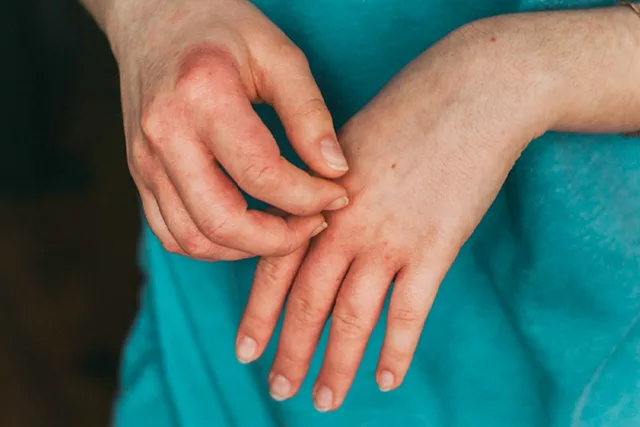
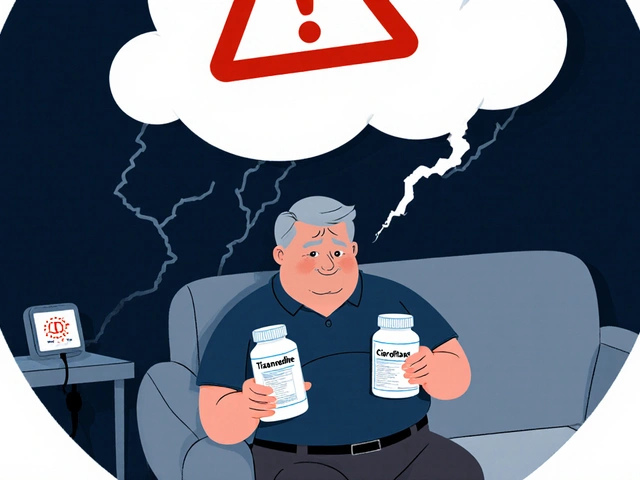
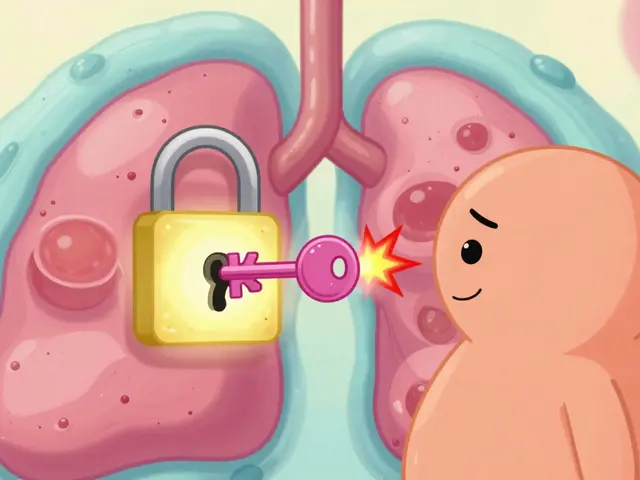
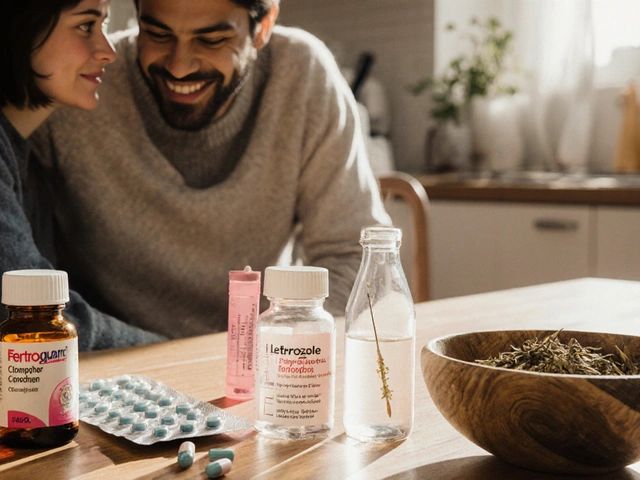
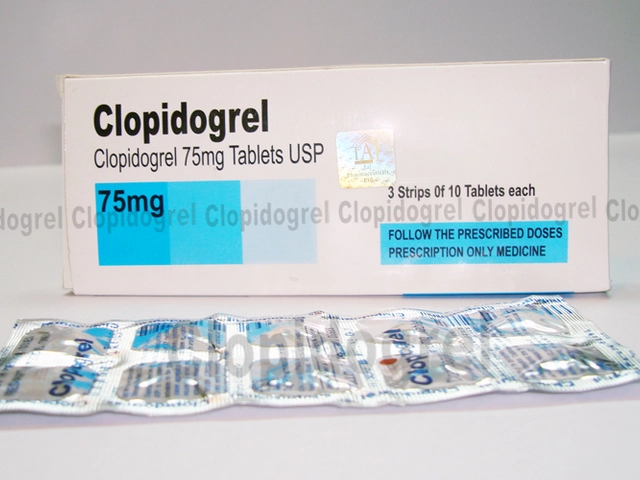
Comments(13)